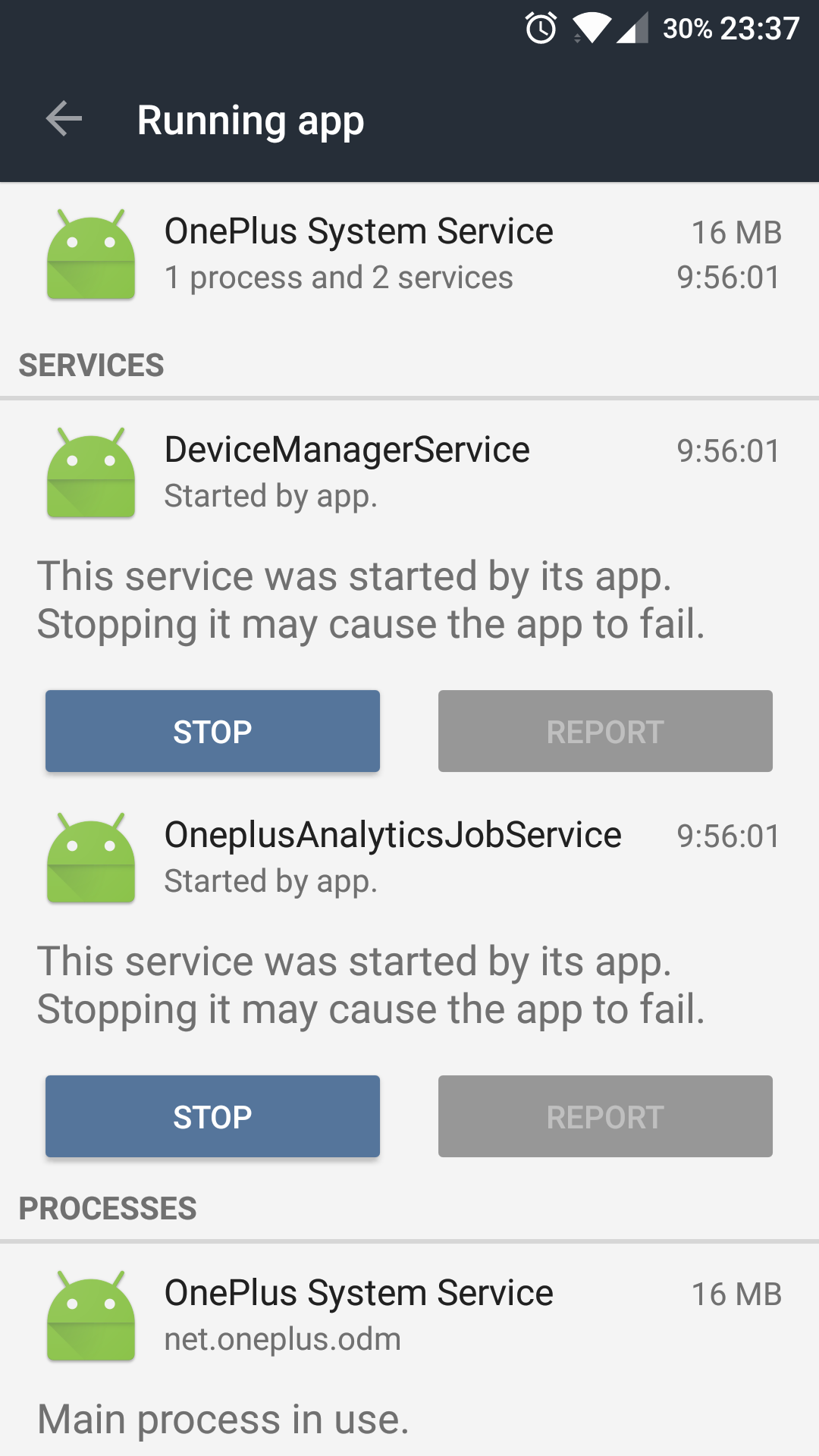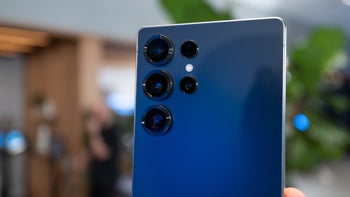OnePlus reportedly collects personal information from smartphone users


Moreover, Moore discovered the OxygenOS also gathers time stamps of when the user opened and closed apps, or which activities were being opened. Apparently, there are two apps are to be blamed for collecting and sending personal information to OnePlus' domain: OnePlus Device Manager and OnePlus Device Manager Provider.
More recently, someone discovered a workaround that will allow OnePlus users to disable OnePlus Analytics without having to root their devices. So, in order to disable the app permanently, you will have to use the following adb command: pm uninstall -k --user 0 pkg.
OnePlus has yet to respond to these allegations, but the fact that it tried to hide from the public this specific privacy issue may prove fatal for the company's brand image.
source: Christopher Moore via AndroidPolice
Follow us on Google News











Things that are NOT allowed:
To help keep our community safe and free from spam, we apply temporary limits to newly created accounts: